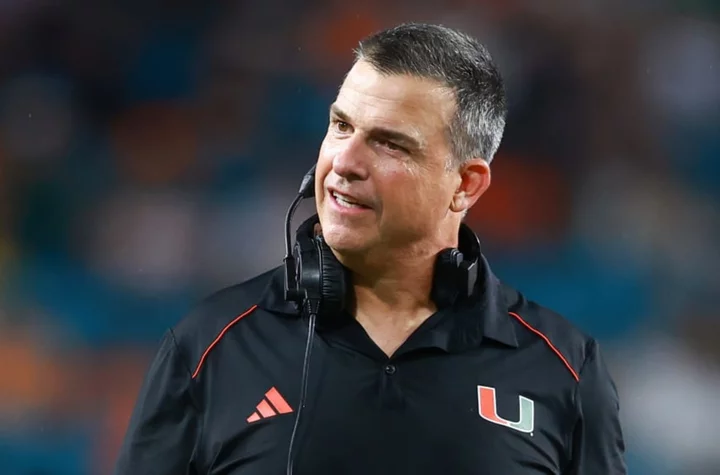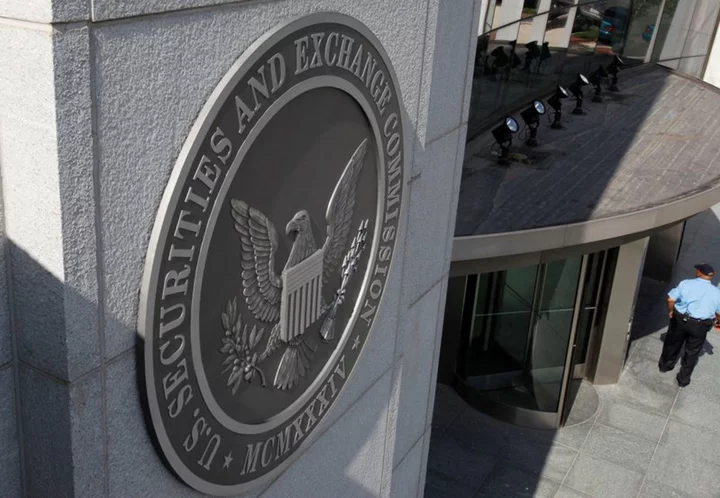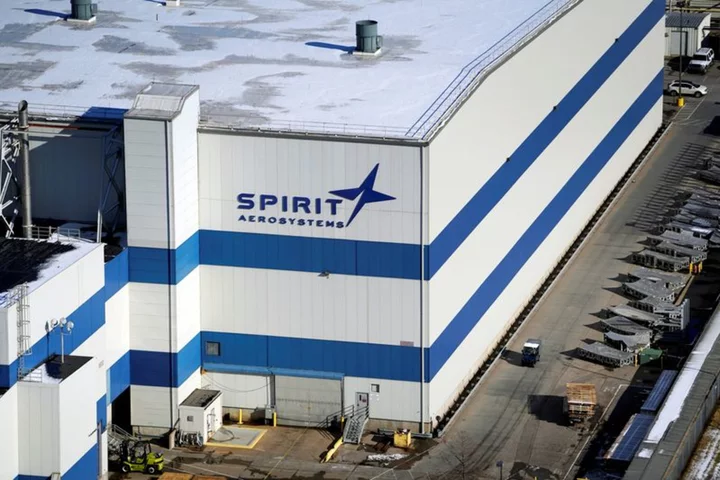By Takahiko Wada and Leika Kihara
TOKYO (Reuters) -Core consumer inflation in Japan's capital slowed in May, but a key index stripping away the effect of fuel hit a four-decade high, underscoring broadening price pressure that may keep alive expectations of a withdrawal of ultra-loose monetary policy.
The data for Tokyo, which is seen as a leading indicator of nationwide trends, showed companies continued to pass on rising costs to households in a sign inflationary pressure could last longer than the Bank of Japan (BOJ) projects.
The Tokyo core consumer price index (CPI), which excludes volatile fresh food but includes fuel costs, rose 3.2% in May from a year earlier, government data showed on Friday, roughly matching a median market forecast for a 3.3% gain.
While inflation slowed from the previous month's 3.5%, it stayed above the BOJ's 2% target for a full year as steady food price gains offset falling fuel costs, the data showed.
An index that strips away both fresh food and fuel costs rose 3.9% in May from a year earlier, marking the fastest pace of increase since April 1982 when Japan was experiencing an asset-inflated bubble.
"Inflation already appears to be overshooting the BOJ's forecasts. Prospects of higher wages are prodding more firms to pass on rising labour costs through price hikes," said Takuya Hoshino, chief economist at Dai-ichi Life Research Institute.
"Depending on how upcoming data plays out, there's a chance the BOJ could respond to elevated inflation with a tweak to its ultra-loose policy," he said.
Separate data released on Friday showed the price service companies charge each other rose 1.6% in April from a year earlier, marking the 26th straight month of gains, as the economy's re-opening from pandemic curbs boosted tourism demand.
Japan's economy is finally recovering from the scars of the COVID-19 pandemic, though risks of a global slowdown and rising food prices hang over the outlook for exports and consumption.
With inflation already exceeding its target, markets are rife with speculation the BOJ could soon phase out ultra-loose monetary policy under new governor Kazuo Ueda.
Ueda has repeatedly said inflation will slow in coming months as cost-push factors dissipate, and that the BOJ will maintain ultra-loose policy until stronger wage growth ensures Japan can sustainably see inflation hit its 2% target.
But he told a group interview on Thursday that the BOJ will "act swiftly" if its inflation projection proves wrong, and could tweak policy if the cost of stimulus outweighs the merits.
The BOJ will review its quarterly growth and inflation forecasts in July.
Under projections made in April, the central bank expects core consumer inflation to hit 1.8% in the current fiscal year ending in March 2024. That is much lower than a 2.3% forecast in a poll released on May 15 by think tank Japan Center for Economic Research.
(Reporting by Leika Kihara; Editing by Sam Holmes and Sonali Paul)









